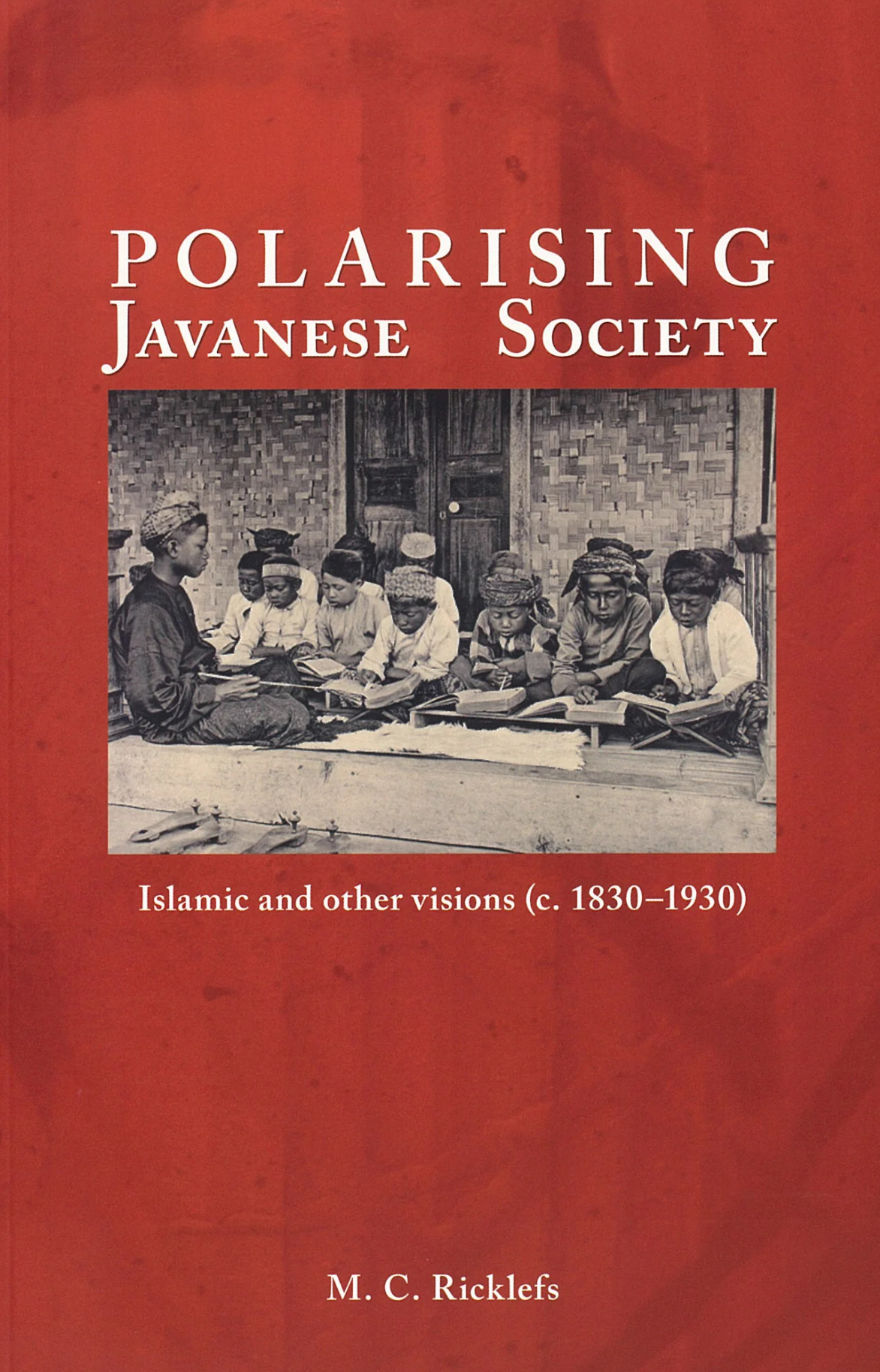

Most ebook files are in PDF format, so you can easily read them using various software such as Foxit Reader or directly on the Google Chrome browser.
Some ebook files are released by publishers in other formats such as .awz, .mobi, .epub, .fb2, etc. You may need to install specific software to read these formats on mobile/PC, such as Calibre.
Please read the tutorial at this link: https://ebookbell.com/faq
We offer FREE conversion to the popular formats you request; however, this may take some time. Therefore, right after payment, please email us, and we will try to provide the service as quickly as possible.
For some exceptional file formats or broken links (if any), please refrain from opening any disputes. Instead, email us first, and we will try to assist within a maximum of 6 hours.
EbookBell Team

4.4
32 reviewsIn the course of the nineteenth century, colonial rule, population pressure and Islamic reform all acted to undermine this "mystic synthesis". Pious Muslims became divided amongst adherents of that synthesis, reformers who demanded a more orthoprax way of life, reforming Sufis and those who believed in messianic ideas. A new category of Javanese emerged, people who resisted Islamic reform and began to attenuate their Islamic identity. This group became known as abangan, nominal Muslims, and they constituted a majority of the population. For the first time, a minority of Javanese converted to Christianity. The priyayi elite, Java's aristocracy, meanwhile embraced the forms of modernity represented by their European rulers and the wider advances of modern scientific learning. Some even came to regard the original conversion of the Javanese to Islam as a civilisational mistake, and within this element explicitly anti-Islamic sentiments began to appear.
In the early twentieth century these categories became politicised in the context of Indonesia's nascent anti-colonial movements. Thus were born contending political identities that lay behind much of the conflict and bloodshed of twentieth-century Indonesia.
"Polarising Javanese society is an important and comprehensive study, displaying great learning and judicious use of historical evidence... it is written in a generally accessible style, and should be of great interest to all students of modern Indonesian history."
- Matthew Isaac Cohen, Professor at Royal Holloway, University of London, in Bijdragen tot de Taal-, Land-